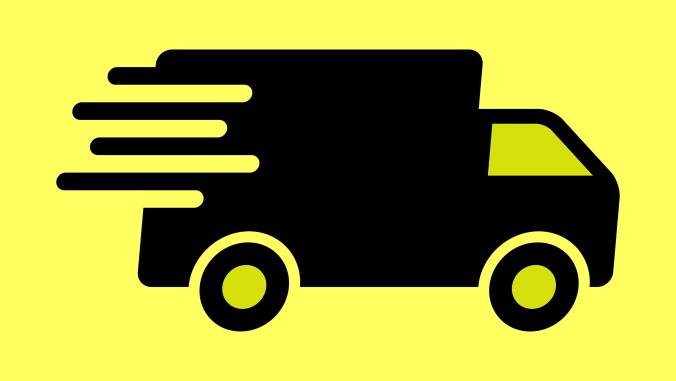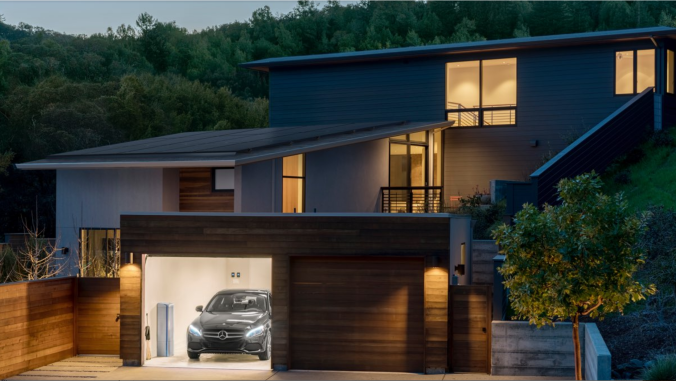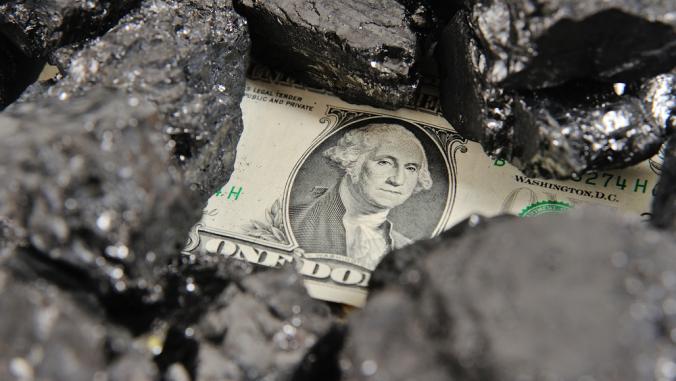The companies steering self-driving cars toward reality
Tesla, Cruise and Nauto are among the businesses looking to retrofit cars already on the road with advanced autonomous controls.

From BMW to Subaru, Audi and Ford, automakers everywhere are rolling out semi-autonomous vehicle technologies like hands-free parallel parking, lane assistance and advanced cruise control.
Earlier this month, Tesla upped the ante on technologies bringing consumer cars closer to being 100 percent self-driving with its new Autopilot feature.
Stefan Heck actually owns a Tesla, and he's used autopilot, which relies on the human driver to jump back in if the car's computer senses something it can't handle.
Heck also sees the need for a middle ground technology to bridge the gap between driver-controlled and self-driving cars. His new company, Nauto, sells "augmented sensor awareness" with the help of $400 dashboard cameras (plus a subcription fee), joining the crowded field of autonomous vehicle retrofits.
"The back up of having a human takeover if something goes wrong is not a good idea," said Heck during the VERGE 2015 conference in San Jose this week.
It's an idea that has also been siezed upon by companies like Cruise, Zoox and Nutonomy. Other auto suppliers, like Bosch, Continental, Delphi and Valeo, are also developing technologies to complement autonomous driving systems.
The big questions for sustainability advocates remain how automakers and new tech providers might look to either limit emissions or convert to electric powertrains for autonomous features.
Bridging the gap
In addition to measuring the distance between an automobile and nearby vehicles, Nauto's dash-mount system clocks surrounding lane speeds, recognizes parking spaces reported by other driver and can tell you if you can fit into open parking spaces.
The company also seeks to integrate with the boom in personal carsharing services like Getaround by tracking cars while in use by others. Facial recognition monitoring to detect distractions is another feature advertised to combat worries about technology interfering with driver concentration.
“We warn you in real time if a dangerous condition outside needs your attention," Heck said. “This is the perception half of autonomy."
The combination of technologies also raises increasingly familiar concerns for the auto industry, like how individual driver privacy might be protected and how you ensure the safety of new systems.
Still, new autonomous vehicle retrofitting startups and automakers alike would also be wise to keep an eye on the tech titans — namely Apple and Google — circling the market for computer-assisted driving.
Apple CEO Tim Cook even said in the company's latest earnings call that he expects, "Autonomous driving becomes much more important."
Looking ahead, Silicon Valley venture capitalist and early Tesla investor Steve Jurvetson said during a Wednesday VERGE panel that he expects in-demand "deep learning" techonologies to play a bigger role in getting self-driving cars full road ready.
“The higher level decisions that we make" — like a split-second call on whether to swerve onto the shoulder to avoid a collision — will depend on deep learning software algorithms, he said.





